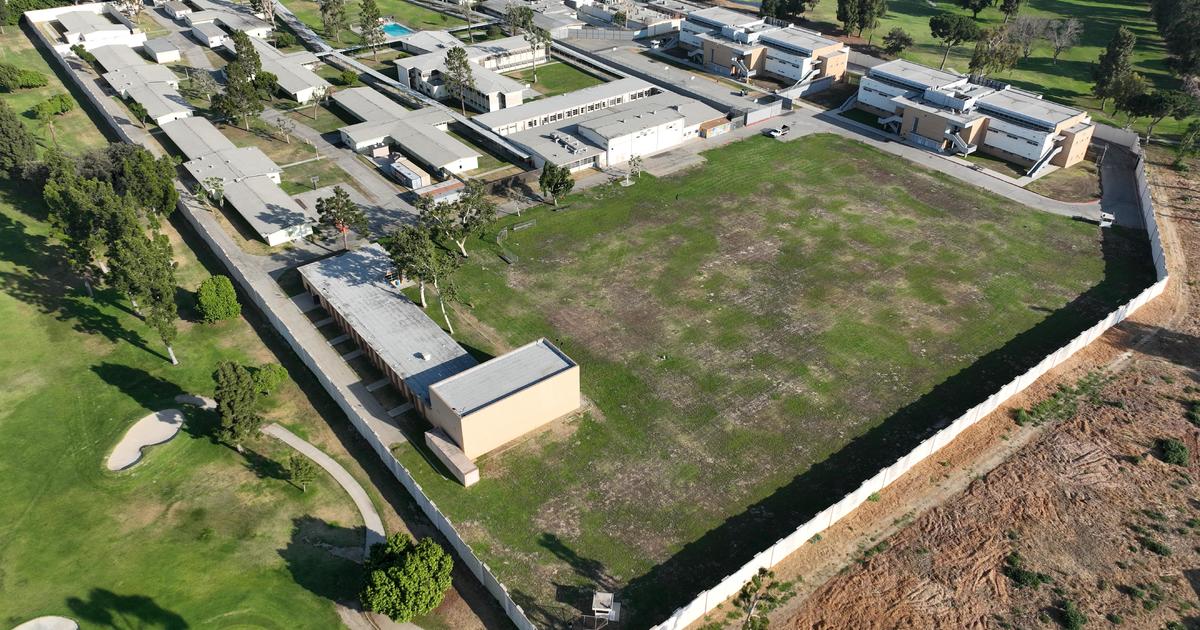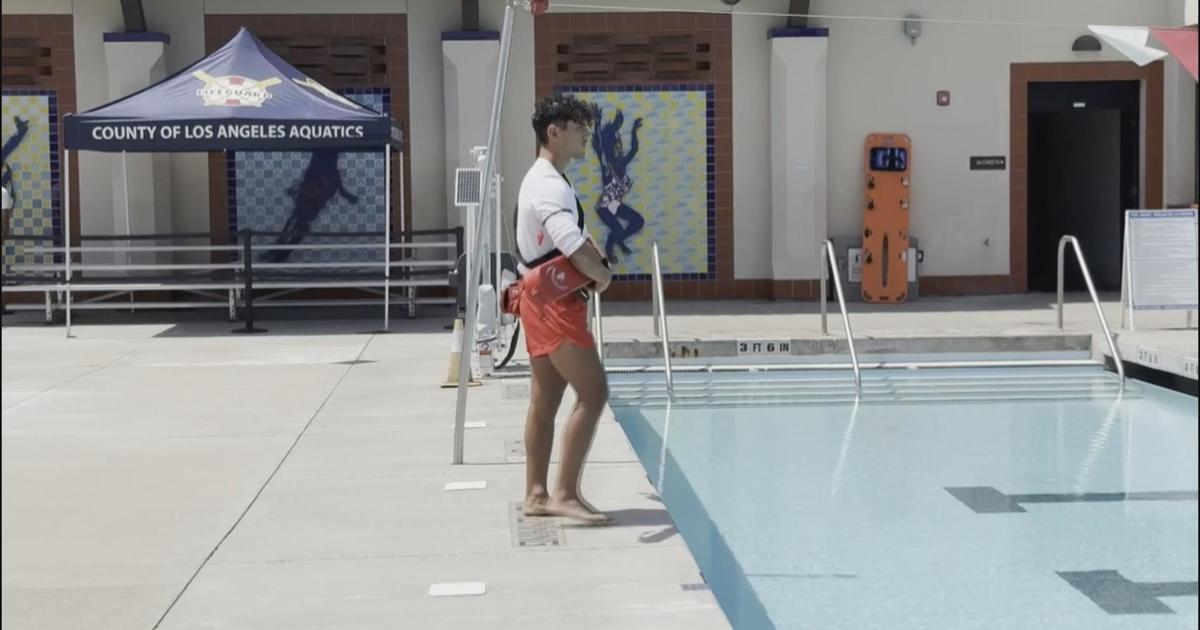LA District Attorney Warns Of A 'Public Safety Nightmare' Over Inmate Transfers
LOS ANGELES (CBS) — City officials argued Tuesday that the state's move to shift responsibility for low-level criminals to counties will create a "public safety nightmare" and lead to "massive early releases" of prisoners who should be kept behind bars.
Podcast
KNX 1070 Reports
Beginning Oct. 1, California counties will have to house those convicted of non-violent, non-serious, non-sex offender crimes in county jails, rather than sending them to state prisons.
Meanwhile, newly paroled prisoners meeting the same criteria will become the responsibility of county probation officers rather than the California Department of Corrections and Rehabilitation.
Chief Probation Officer Donald Blevins Tuesday presented a plan developed by the Community Corrections Partnership -- which includes District Attorney Steve Cooley, Sheriff Lee Baca and other county department heads -- for dealing with those changes. But the board postponed any action until next week, after expressing continued concerns about state funding for the plan and the potential lack of county jail beds.
Cooley -- the only member of the partnership who refused to support the plan -- explained his opposition to the supervisors by saying, "No plan, no matter how well-intentioned, is going to solve the inherent problems of this terribly flawed piece of legislation."
Supervisor Zev Yaroslavsky called the state's move a "realignment scam," adding, "We've been baited and now we've been switched." He said state officials had promised a constitutional amendment to guarantee funding for five years, yet no funding beyond year two has been approved by the Legislature.
Cooley said the state's "horribly flawed plan" was passed with "very little input from law enforcement" and "essentially presented to counties as a fait accompli."
In addition to concerns about future funding, he said the legislation offers no transfer of immunity from the state to counties, leaving them open to class-action lawsuits.
The state has agreed to give Los Angeles County $112 million to manage parolees in the first year, which Blevins said was enough to cover his department's direct costs. But, in a point echoed by Cooley, he worried that insufficient money was set aside for substance abuse and mental health programs, since about 30 percent of parolees have mental health issues and 30 percent have addiction issues.
The county estimates that in addition to supervising thousands of new parolees, 7,000 more prisoners each year will have to be held in county jails due to the new legislation. The board asked Baca to submit a detailed jail management plan in the coming weeks, but the sheriff seemed confident about his department's ability to handle the new mandate.
"We're expecting the same population that we have in our jails before they're sentenced," Baca said, noting that those awaiting sentencing are sometimes incarcerated for more than a year. "So we know pretty well what we're dealing with when it comes to this kind of inmate."
But finding beds for those inmates could be a problem, according to both Cooley and Yaroslavsky.
"The infrastructure isn't there," Cooley said.
With the appropriate funding, Baca believes he can handle the new population, according to sheriff's spokesman Steve Whitmore.
"If he gets the money, he can open up the beds," Whitmore said.
The operating capacity of the county's seven jail facilities is 18,831 by Whitmore's count, and he estimates the current average daily population of inmates at 16,000. The population would grow over time, but in addition to hiring personnel so that little-used portions of the county jail system can be reopened, Baca plans to expand monitoring of prisoners through home detention, electronic monitoring and work-release programs, Whitmore said.
Cooley, however, sent a five-page letter to the board warning that the "realignment will result in early release on steroids," with convicted felons being released with "minimal supervision."
While Blevins worries about funding, Baca pointed out that the state has agreed to pay $50,000 per prisoner per year, and says his costs per inmate amount to about $31,000 annually.
When asked if the realignment could be a profitable business for the Sheriff's Department, he said, "It's not a matter of money, It's a matter of responsibility," adding that he had no choice but to prepare for the change.
But whether the money keeps coming in is a big question. And the realignment could cost as much as $303 million when the plan is fully operational, according to the county's chief executive officer.
Yaroslavsky argued that the county should be careful not to take on obligations that could not easily be reversed if state funding dries up.
"We don't want to be in a position in a year or two of having to spend $100 to $200 million of general fund money to carry out a responsibility that should have been the state's," Yaroslavsky said. "There isn't a nickel to pay for it after June 30, 2012."
The board wrangled for some time over procedural issues related to the plan, which will be deemed as approved unless four supervisors vote to reject it before Oct. 1. Supervisor Gloria Molina pushed for a vote Tuesday, saying the probation and sheriff's departments needed to start taking action.
The Sheriff's Department, for example, will need 160 sworn deputies to implement the plan. Some of those will be new hires, and some of the positions will be filled by current deputies putting in overtime.
Ultimately, Supervisor Mike Antonovich, who chairs the board, asked for the matter to be continued so that some administrative changes could be made to the plan.
(©2011 CBS Local Media, a division of CBS Radio Inc. All Rights Reserved. This material may not be published, broadcast, rewritten, or redistributed. Wire services contributed to this report.)



